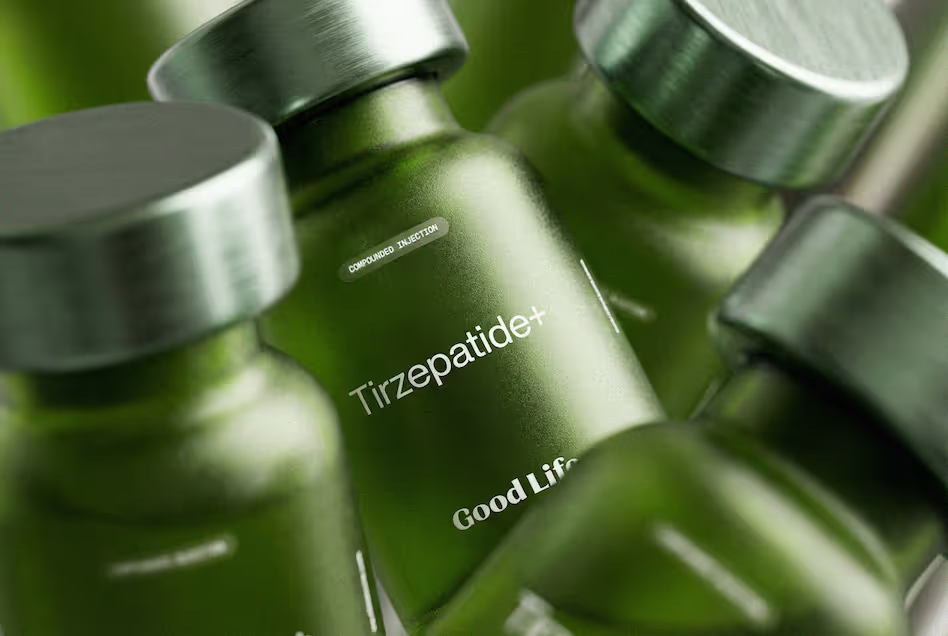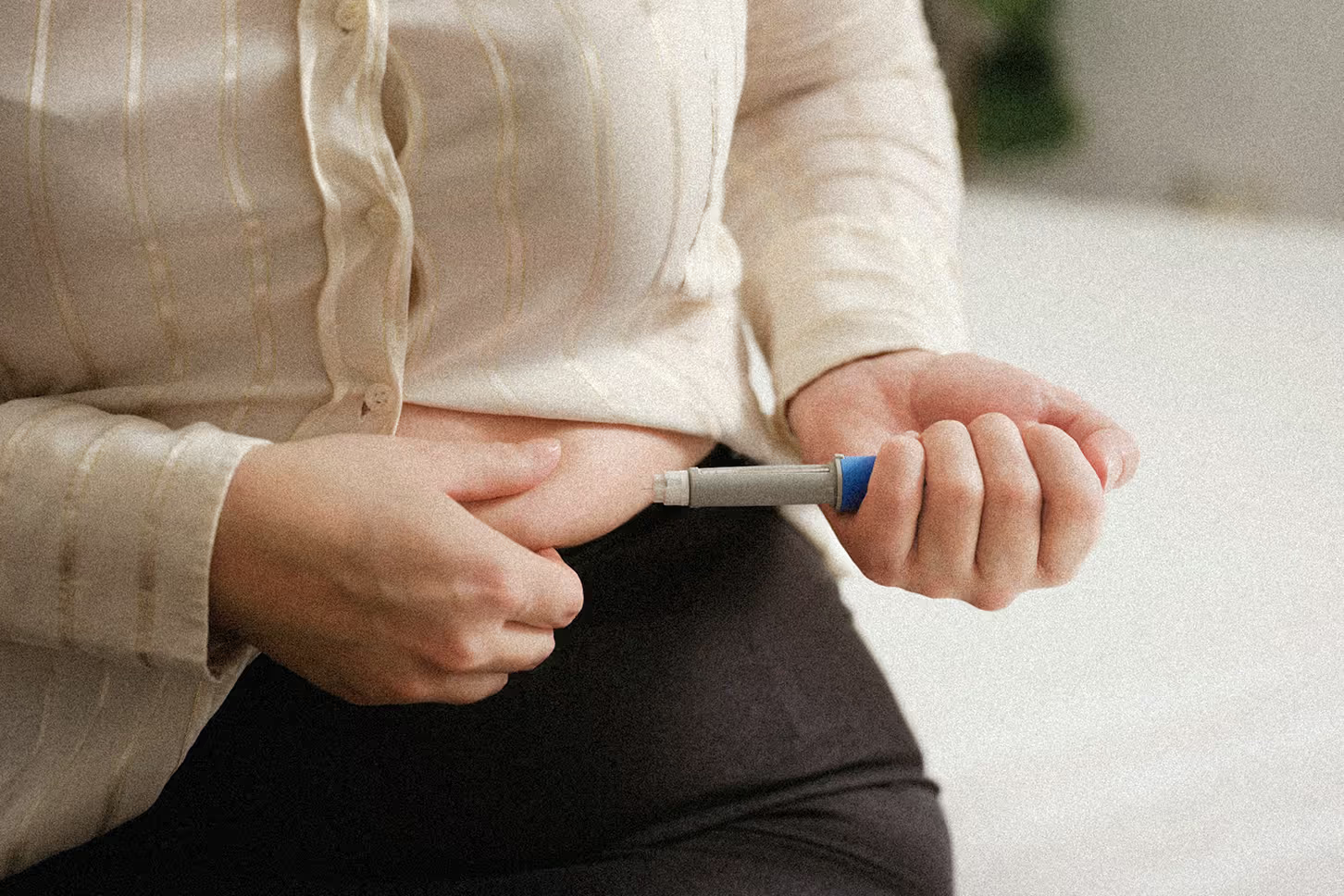Weight Loss
Alcohol and GLP-1 Medications: What You Need to Know
.avif)
GLP-1 medications like semaglutide (Ozempic®, Wegovy®) and tirzepatide (Mounjaro®, Zepbound™) have become increasingly popular for managing type 2 diabetes and supporting weight loss. If you’re taking one of these medications, you may be wondering: Is it safe to drink alcohol?
The short answer: alcohol and GLP-1s don’t always mix well. While an occasional drink may be fine for some people, there are important pros and cons to keep in mind.
The Potential Benefits of Alcohol in Moderation
Although alcohol isn’t generally considered “healthy,” moderate consumption may offer some limited upsides:
- Social Enjoyment: Sharing a drink can be part of social connection, which can support mental and emotional well-being.
- Possible Cardiovascular Benefits: Some studies suggest moderate alcohol (especially red wine) may have heart-protective effects, though the evidence is mixed.
- Lower Appetite: Alcohol can sometimes blunt appetite in the short term, though this isn’t consistent and may backfire later.
The Downsides of Mixing Alcohol with GLP-1 Medications
On the other hand, there are several reasons to approach alcohol cautiously while on GLP-1 treatment:
1. Increased Risk of Nausea and GI Side Effects
GLP-1s often cause nausea, vomiting, or bloating — especially when you’re starting or increasing your dose. Alcohol can worsen these symptoms, making you feel sicker.
2. Blood Sugar Fluctuations
GLP-1s help regulate blood sugar, but alcohol can interfere with this process. It may cause low blood sugar (hypoglycemia) or spikes depending on what you drink (e.g., sugary cocktails).
3. Extra Calories That Work Against Weight Loss Goals
Alcohol is calorie-dense (7 calories per gram), and many drinks also contain sugar. Regular drinking can slow or stall weight loss progress.
4. Potential Strain on the Liver and Pancreas
GLP-1 medications already affect digestion and the pancreas. Heavy alcohol use increases the risk of pancreatitis and liver issues — both serious conditions.
5. Impaired Judgment with Food Choices
Alcohol can lower inhibitions, making it harder to stick with healthy eating habits, portion control, or mindful eating — all important when on GLP-1s.
Tips If You Choose to Drink on a GLP-1
If you and your healthcare provider decide moderate alcohol use is safe, here are some ways to reduce risks:
- Stick to moderation: Up to 1 drink/day for women, 2 for men (per CDC guidelines).
- Choose lighter options: Dry wine, spirits with soda water, or low-sugar seltzers.
- Avoid drinking on an empty stomach to prevent nausea and blood sugar dips.
- Stay hydrated by alternating alcohol with water.
- Monitor how your body reacts — everyone’s tolerance can differ while on medication.
Alcohol and GLP-1 medications can coexist for some people, but the mix comes with risks. Occasional, moderate drinking may be safe — but heavy or frequent drinking can worsen side effects, slow your weight loss progress, and potentially harm your health.
Always check in with your healthcare provider before mixing alcohol with GLP-1 treatment. That way, you can enjoy your progress while making the safest choices for your body.
%25201.avif)
.avif)
.avif)


.avif)